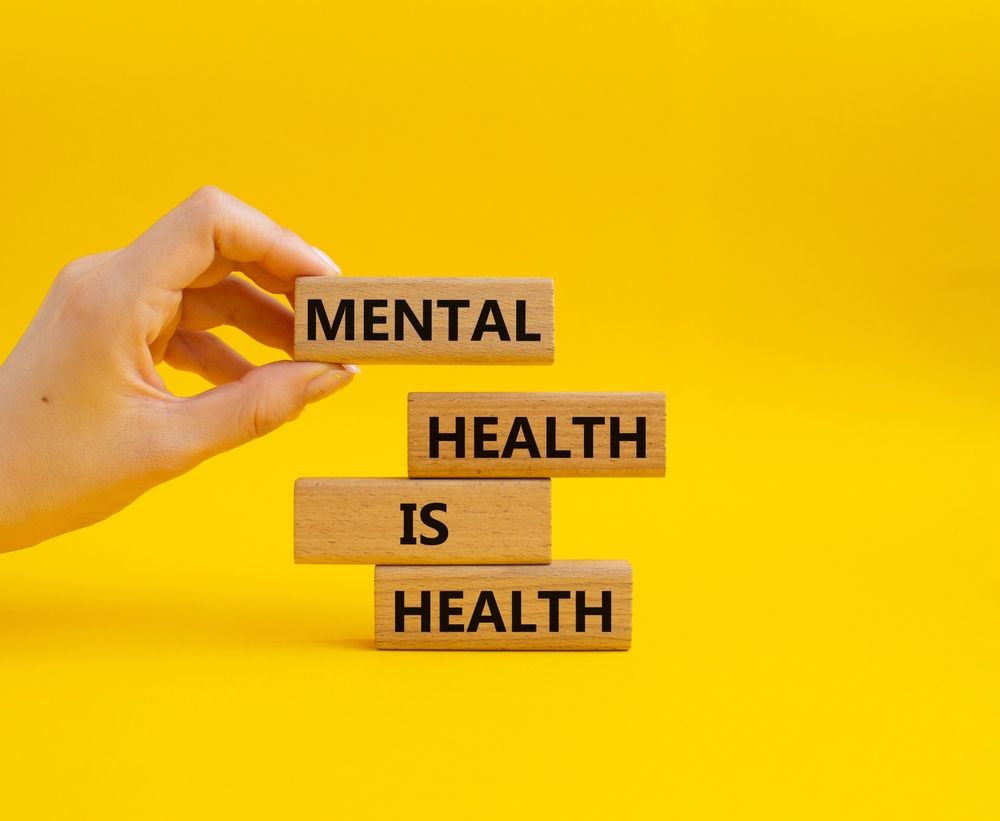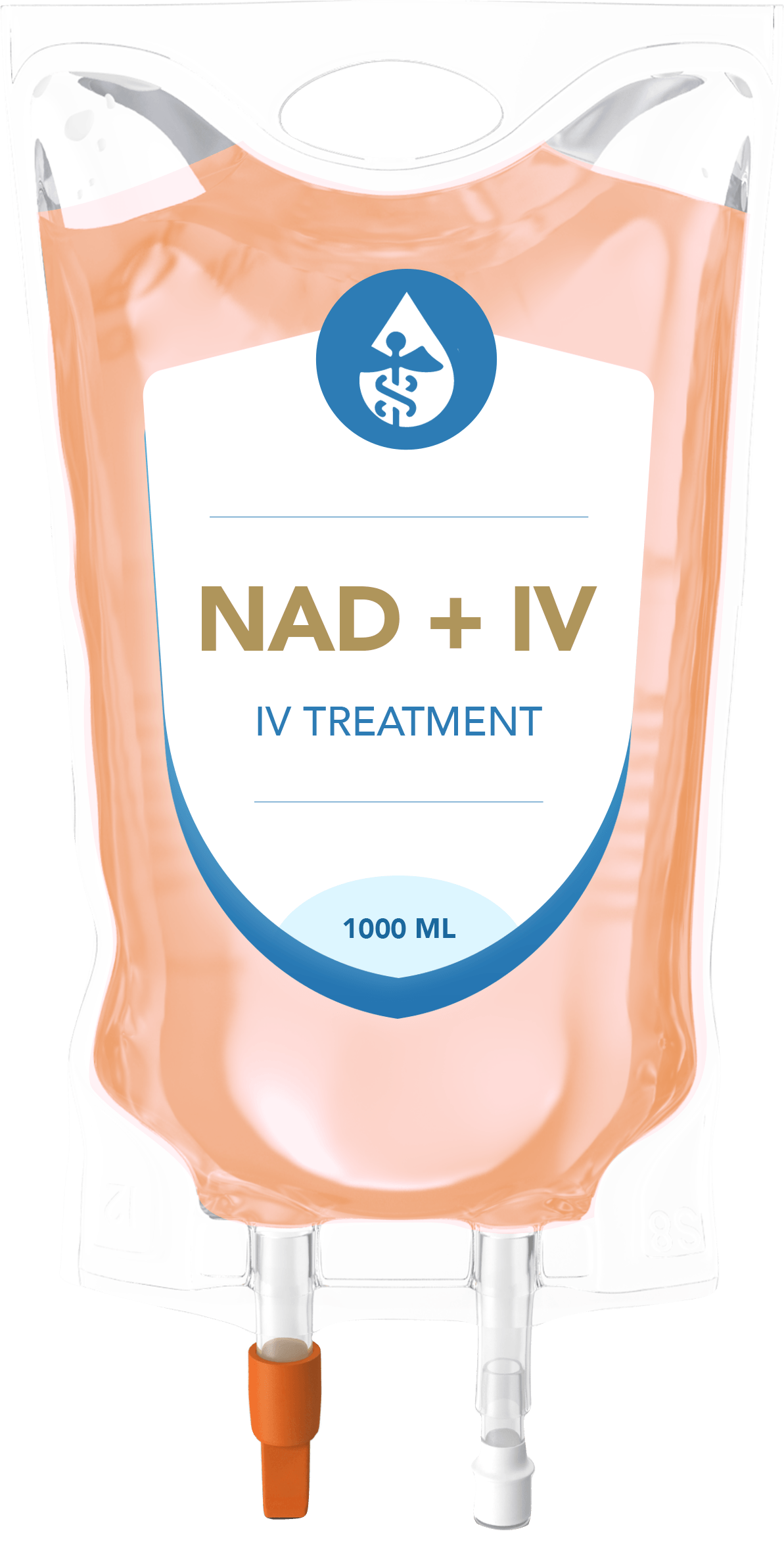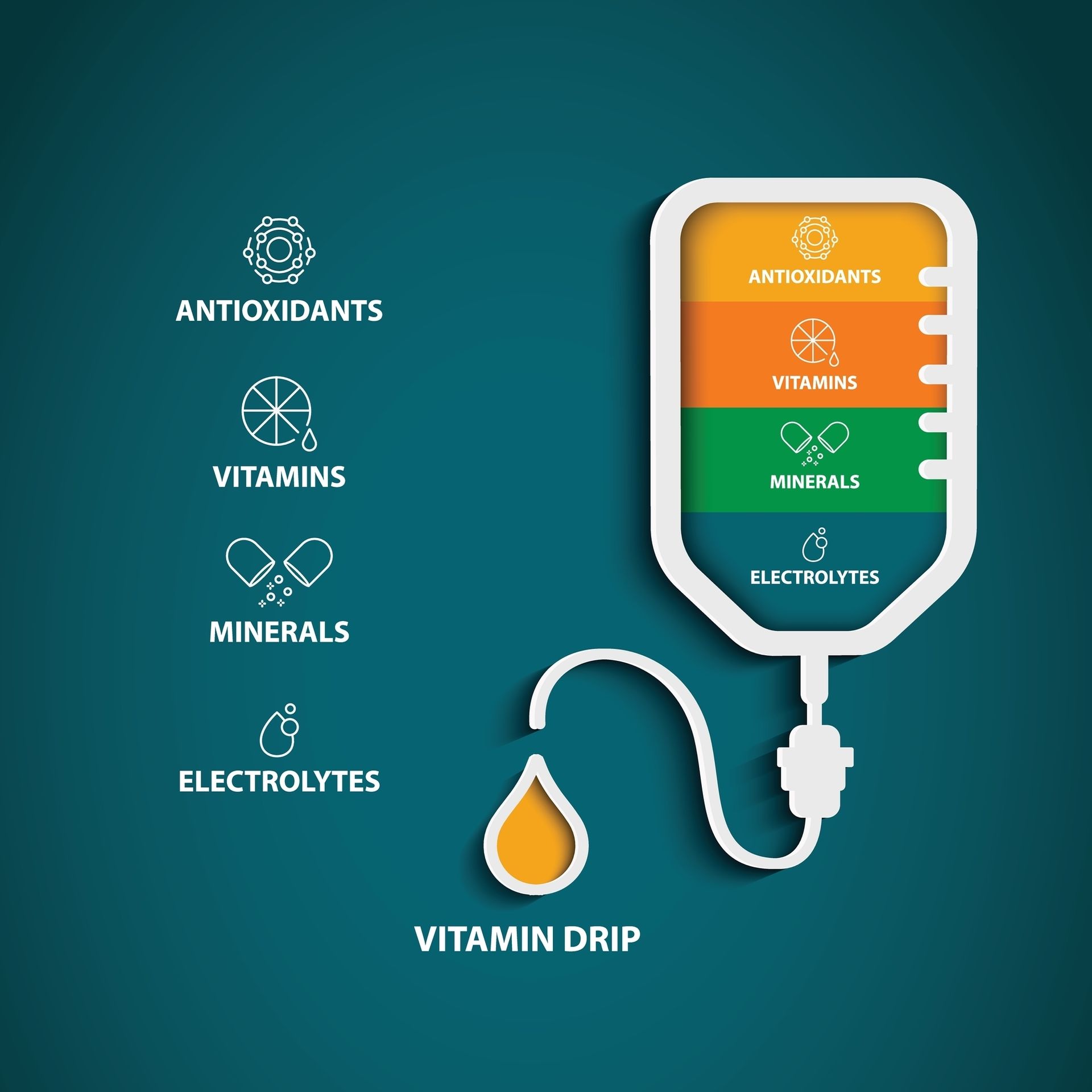Articles and Information
Top Lifestyle Changes to Support Your Mental Health

Mental health is a crucial aspect of overall well-being, yet many people overlook the daily habits and lifestyle choices that can significantly impact their mental state. By making conscious changes to our lifestyle, we can foster resilience, enhance our emotional health, and improve our quality of life. This article delves into various lifestyle changes you can adopt to support mental health effectively.
Understanding the Connection Between Lifestyle and Mental Health
The relationship between lifestyle and mental health is intricate and multifaceted. Lifestyle choices, including diet, exercise, sleep, and social interactions, can profoundly affect mental well-being. It's essential to recognize how our daily habits shape not just our physical health, but also our emotional resilience and mental clarity.
The Impact of Daily Habits on Mental Well-being
Our daily routines can either uplift or drain our mental energy. Simple habits like taking a morning walk or connecting with friends can create positive ripples throughout our day. Conversely, habits such as excessive screen time or unhealthy eating can contribute to anxiety and depression. Taking time to evaluate our daily actions can help us identify the practices that support mental health. For instance, engaging in mindfulness practices, such as meditation or yoga, can significantly enhance our ability to cope with stress and foster a sense of inner peace. These practices encourage us to be present, allowing us to appreciate the moment and reduce the overwhelming feelings that often accompany our busy lives.
The Role of Physical Health in Mental Stability
Physical health and mental health are intertwined. Regular exercise boosts endorphins, which can enhance mood and promote mental clarity. Additionally, maintaining a healthy weight and physical condition can improve self-esteem, contributing to a more positive mental outlook. Body and mind thrive together; thus, investing in physical health benefits our mental state. Furthermore, nutrition plays a critical role; a balanced diet rich in omega-3 fatty acids, antioxidants, and vitamins can support brain function and emotional regulation. Foods like fatty fish, leafy greens, and berries are not only nourishing but can also act as natural mood enhancers, helping to stave off feelings of anxiety and depression. Understanding the synergy between what we eat and how we feel can empower us to make choices that promote both physical vitality and mental wellness.
Prioritizing Sleep for Mental Health
A good night's sleep is foundational for mental wellness. Insufficient sleep can exacerbate stress, anxiety, and mood swings, leading to a cycle of poor mental health. Prioritizing sleep should be a key aspect of any mental health strategy.
The Science Behind Sleep and Mental Health
Research shows that sleep plays a vital role in cognitive function and emotional regulation. During sleep, our brains process emotions, consolidate memories, and perform vital housekeeping tasks. Lack of sleep can lead to increased irritability and cognitive difficulties, indicating that enhancing sleep quality can significantly benefit mental health.
Tips for Improving Sleep Quality
- Establish a consistent sleep schedule by going to bed and waking up at the same times daily.
- Create a calming bedtime routine to signal your body that it's time to wind down.
- Limit screen time at least an hour before bed to reduce stimulating blue light exposure.
- Ensure your sleeping environment is conducive to rest—cool, dark, and quiet.
- Avoid caffeine and heavy meals close to bedtime, as these can disrupt sleep.
The Importance of a Balanced Diet
A nutritious, balanced diet is crucial for optimal mental health. What we eat influences our brain function, affecting mood, energy levels, and cognitive performance. Incorporating a variety of nutrient-dense foods into our diets can help support mental stability.
Nutrients Essential for Mental Health
Certain nutrients play critical roles in brain health. Omega-3 fatty acids, for instance, are essential for brain function and are linked to lower rates of depression. B vitamins (especially B6, B12, and folate) help regulate neurotransmitters that control mood. Additionally, antioxidants found in fruits and vegetables protect our brains from oxidative stress.
Foods to Avoid for Mental Well-being
While it's essential to focus on nutritious foods, it's equally important to be aware of what to limit or avoid. Processed foods high in sugar and unhealthy fats can lead to inflammation and negatively impact mood. Additionally, excessive alcohol consumption can disrupt brain function and exacerbate anxiety and depression.
Exercise and Mental Health
Engaging in regular physical activity is one of the most effective lifestyle changes to bolster mental well-being. Exercise impacts not only physical health but also psychological and emotional health.
The Psychological Benefits of Regular Exercise
Exercise is known to produce a multitude of psychological benefits. It can reduce symptoms of anxiety and depression, improve mood, and enhance overall feelings of well-being. Physical activity triggers the release of endorphins, which are natural mood lifters and stress relievers.
Finding the Right Exercise Routine for You
Finding an enjoyable exercise routine can make all the difference. Whether it's yoga, running, swimming, or a dance class, the key is to engage in activities that make you feel good. Aim for at least 150 minutes of moderate exercise per week, and consider combining cardio workouts with strength training for optimal benefits.
Mindfulness and Meditation
Incorporating mindfulness and meditation into your daily routine can significantly enhance mental health. These practices promote relaxation, self-awareness, and stress reduction.
The Benefits of Mindfulness for Mental Health
Mindfulness involves being present in the moment and accepting thoughts and feelings without judgment. This practice can decrease anxiety and improve emotional regulation by helping individuals better cope with stress and negative emotions.
How to Incorporate Meditation into Your Daily Routine
- Start with just a few minutes each day and gradually increase the duration.
- Find a quiet, comfortable space where you can focus without distractions.
- Use guided meditations via apps or online resources if you're a beginner.
- Practice mindfulness throughout your day—focus on your breathing during everyday tasks.
By making a consistent effort to embrace mindfulness and meditation, you can create a serene mental space that nurtures mental well-being.
In conclusion, integrating these lifestyle changes into your daily routine can make a significant difference in your mental health. Each small step contributes to building a healthier, more balanced life. Prioritize these changes, and you may find yourself on a path to enhanced mental clarity, emotional resilience, and lasting well-being.











